By Ben McKay
America’s retreat from foreign aid is being felt deeply in Pacific media, where pivotal outlets are being shuttered and journalists work unpaid.
The result is fewer investigations into dubiously motivated politicians, glimpses into conflicts otherwise unseen and a less diverse media in a region which desperately needs it.
“It is a huge disappointment … a senseless waste,” Benar News’ Australian former head of Pacific news Stefan Armbruster said after seeing his outlet go under.
- READ MORE: Political pressure, bribes, self-censorship ‘greatest threats’ to Pacific media freedom
- NZ fares well in latest RSF press freedom index as authoritarian regimes stifle Asia-Pacific media
- Fiji coup culture and political meddling in media education given airing
Benar News, In-depth Solomons and Inside PNG are three digital outlets which enjoyed US support but have been hit by President Donald Trump’s about-face on aid.
Benar closed its doors in April after an executive order disestablishing Voice of America, which the United States created during World War II to combat Nazi propaganda.
An offshoot of Radio Free Asia (RFA) focused on Southeast Asia and the Pacific, Benar kept a close eye on abuses in West Papua, massacres and gender-based violence in Papua New Guinea and more.
The Pacific arm quickly became indispensable to many, with a team of reporters and freelancers working in 15 countries on a budget under A$A million.
Coverage of decolonisation
“Our coverage of decolonisation in the Pacific received huge interest, as did our coverage of the lack of women’s representation in parliaments, human rights, media freedom, deep sea mining and more,” Armbruster said.
In-depth Solomons, a Honiara-based digital outlet, is another facing an existential threat despite a proud record of investigative and award-winning reporting.
Last week, it was honoured with a peer-nominated award from the Foreign Correspondents’ Club of Japan for a year-long probe into former prime minister Manasseh Sogavare’s property holdings.
“We’re just holding on,” editor and co-founder Ofani Eremae said.
A US-centred think tank continues to pay the wage of one journalist, while others have not drawn a salary since January.
“It has had an impact on our operations. We used to travel out to do stories across the provinces. That has not been done since early this year,” Eremae said.
A private donor came forward after learning of the cuts with a one-off grant that was used for rent to secure the office, he said.
USAID budget axed
Its funding shortfall — like Port Moresby-based outlet Inside PNG — is linked to USAID, the world’s biggest single funder of development assistance, until Trump axed its multi-billion dollar budget.
Much of USAID’s funding was spent on humanitarian causes — such as vaccines, clean water supplies and food security — but some was also earmarked for media in developing nations, with the aim of bolstering fragile democracies.
Inside PNG used its support to build an audience of tens of thousands with incisive reports on PNG politics: not just Port Moresby, but in the regions including independence-seeking province Bougainville that has a long history of conflict.
“The current lack of funding has unfortunately had a dual impact, affecting both our dedicated staff, whom we’re currently unable to pay, and our day-to-day operations,” Inside PNG managing director Kila Wani said.
“We’ve had to let off 80 percent of staff from payroll which is a big hit because we’re not a very big team.
“Logistically, it’s become challenging to carry out our work as we normally would.”
Other media entities in the region have suffered hits, but declined to share their stories.
Funding hits damaging
The funding hits are all the more damaging given the challenges faced by the Pacific, as outlined in the Pacific Islands Media Freedom Index and RSF World Press Freedom Index.
The latest PFF report listed a string of challenges, notably weak legal protections for free speech, political interference on editorial independence, and a lack of funding underpinning high-quality media, in the region.
The burning question for these outlets — and their audiences — is do other sources of funding exist to fill the gap?
Inside PNG is refocusing energy on attracting new donors, as is In-depth Solomons, which has also turned to crowdfunding.
The Australian and New Zealand governments have also provided targeted support for the media sector across the region, including ABC International Development (ABCID), which has enjoyed a budget increase from Anthony Albanese’s government.
Inside PNG and In-depth Solomons both receive training and content-focused grants from ABCID, which helps, but this does not fund the underpinning costs for a media business or keep on the lights.
Both Eremae, who edited two major newspapers before founding the investigative outlet, and Armbruster, a long-time SBS correspondent, expressed their dismay at the US pivot away from the Pacific.
‘Huge mistake’ by US
“It’s a huge mistake on the part of the US … the world’s leading democracy. The media is one of the pillars of democracy,” Eremae said.
“It is, I believe, in the interests of the US and other democratic countries to give funding to media in countries like the Solomon Islands where we cannot survive due to lack of advertising (budgets).
As a veteran of Pacific reporting, Armbruster said he had witnessed US disinterest in the region contribute to the wider geopolitical struggle for influence.
“The US government was trying to re-establish its presence after vacating the space decades ago. It had promised to re-engage, dedicating funding largely driven by its efforts to counter China, only to now betray those expectations,” he said.
“The US government has senselessly destroyed a highly valued news service in the Pacific. An own goal.”
Ben McKay is an AAP journalist. Republished from National Indigenous Times in Australia.
This post was originally published on Asia Pacific Report.
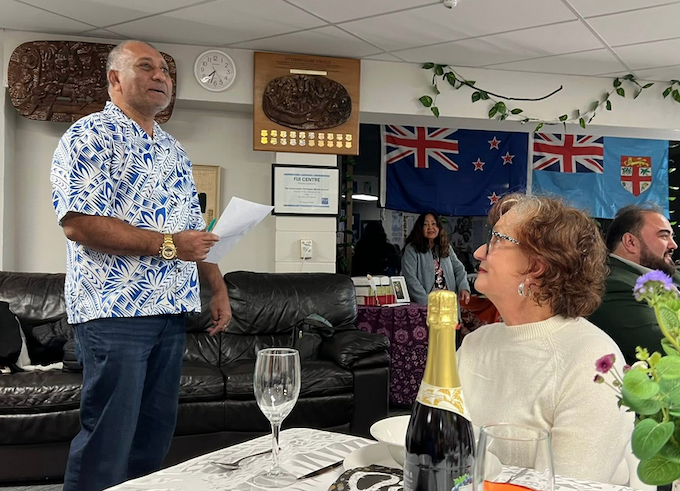
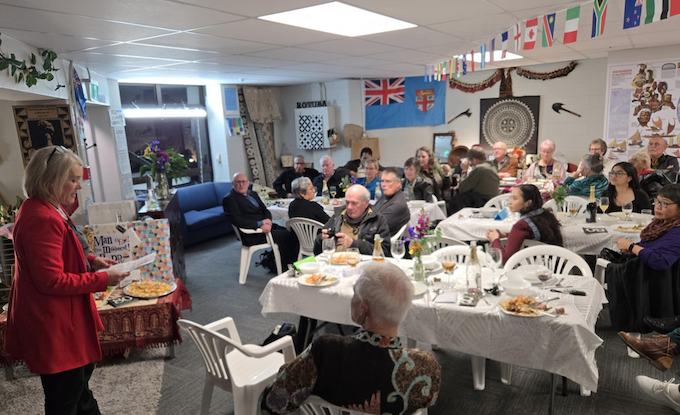
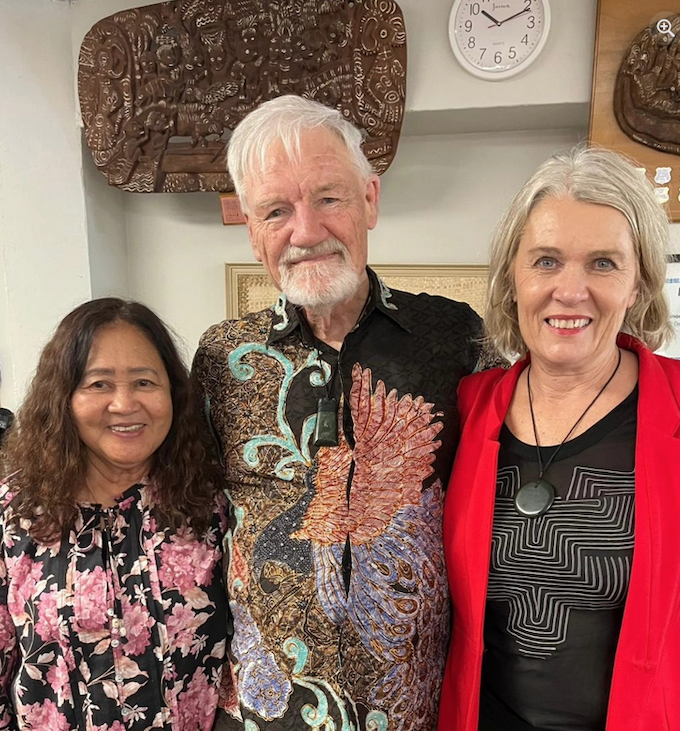






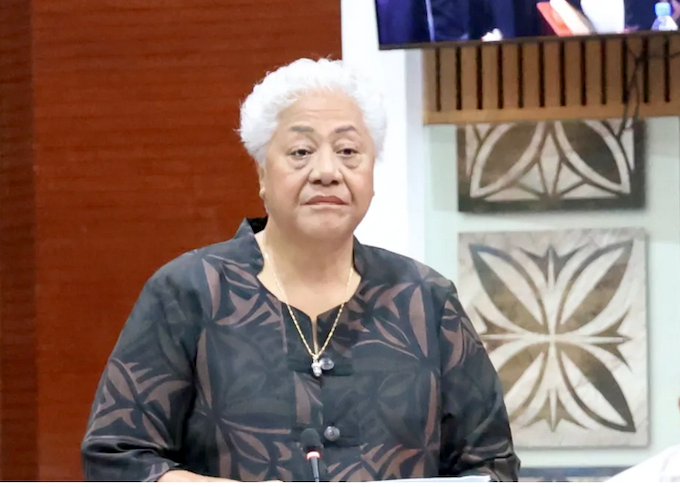


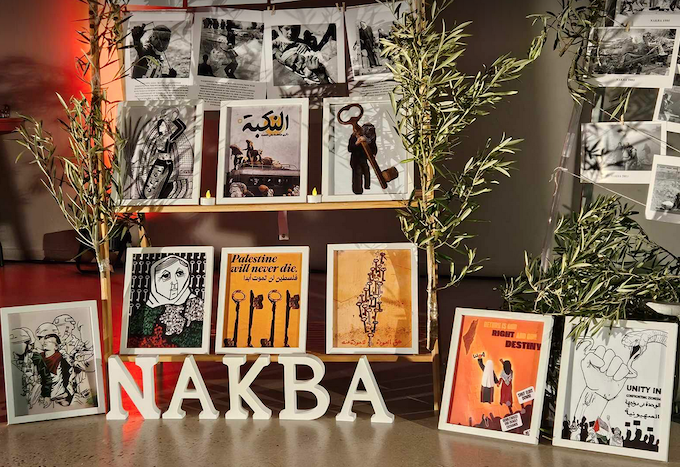




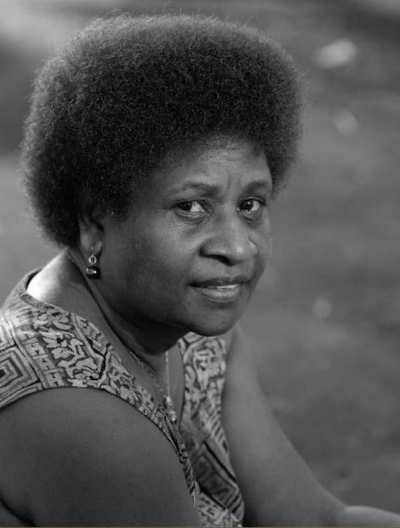
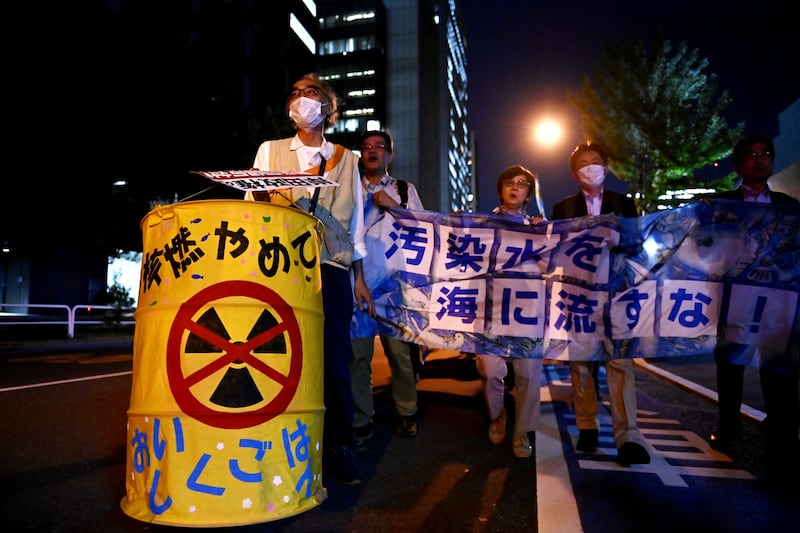
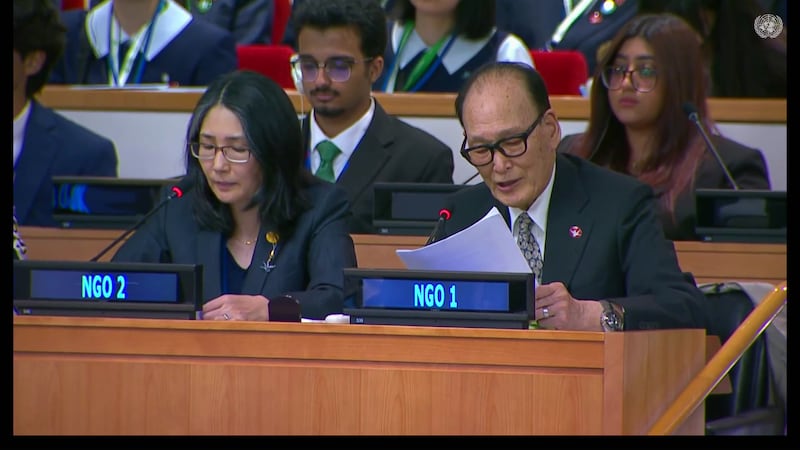
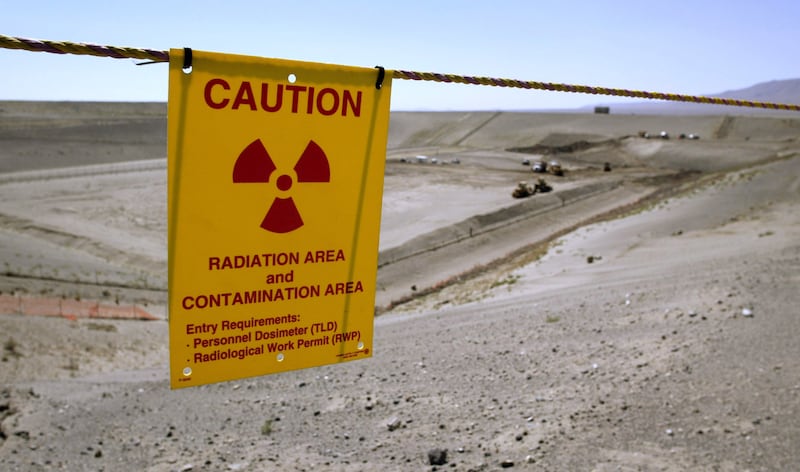
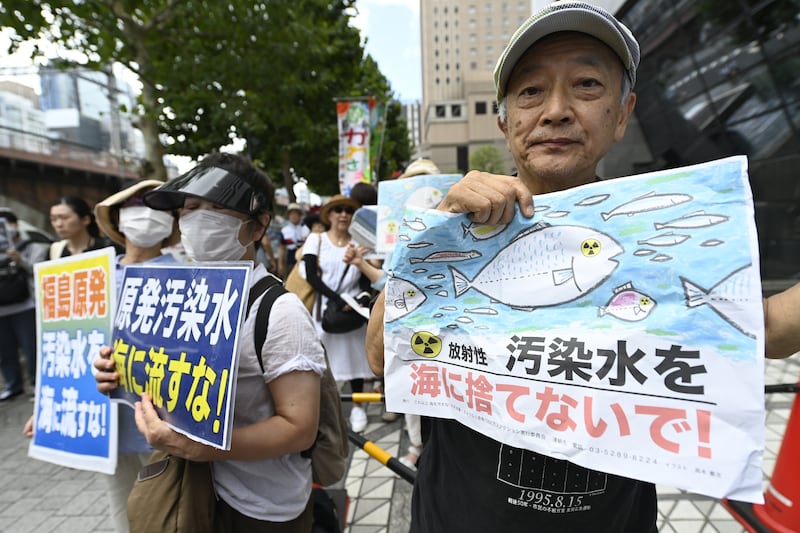

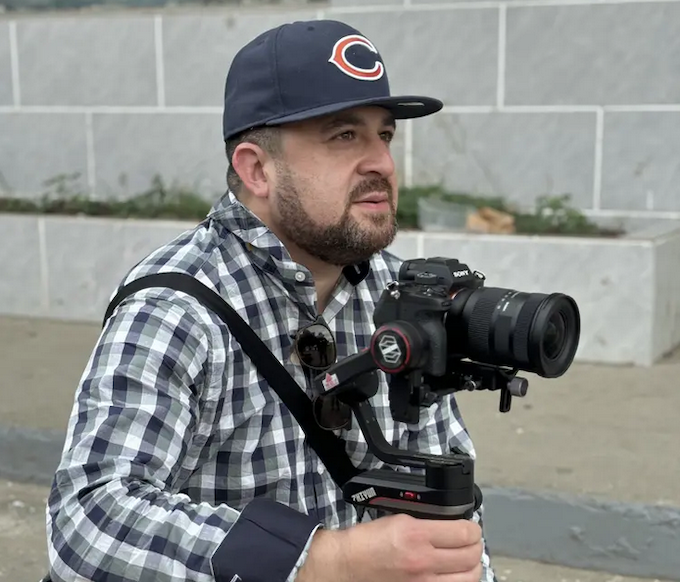
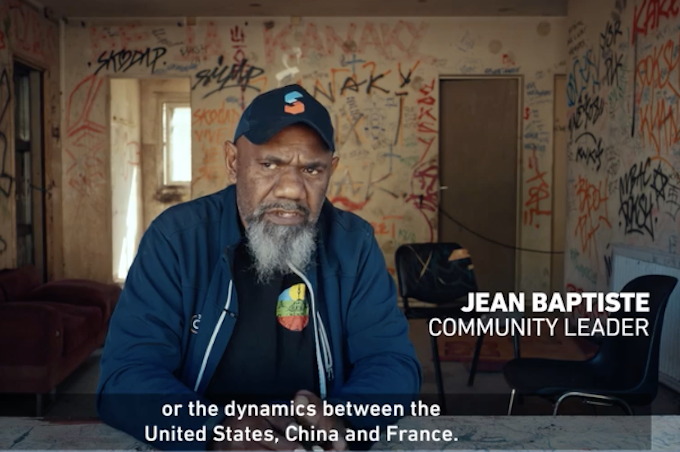
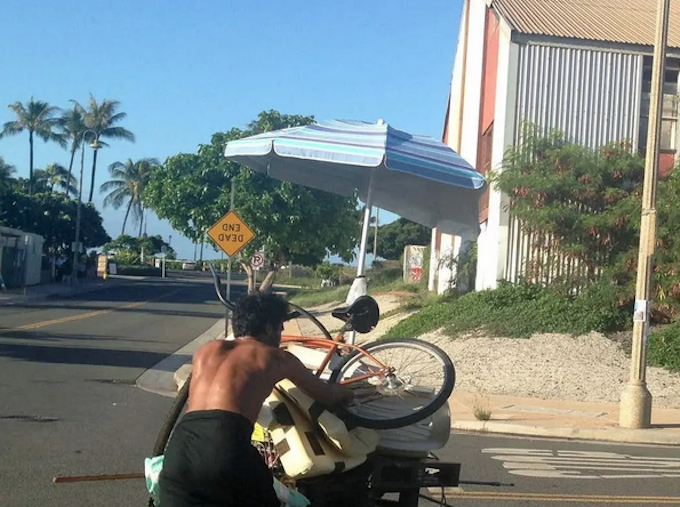
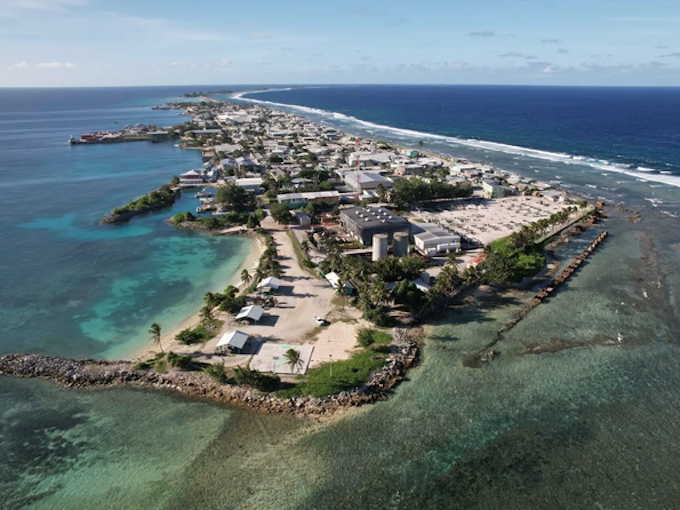

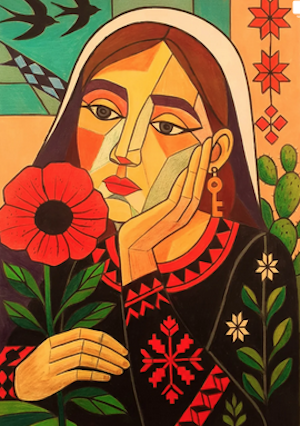
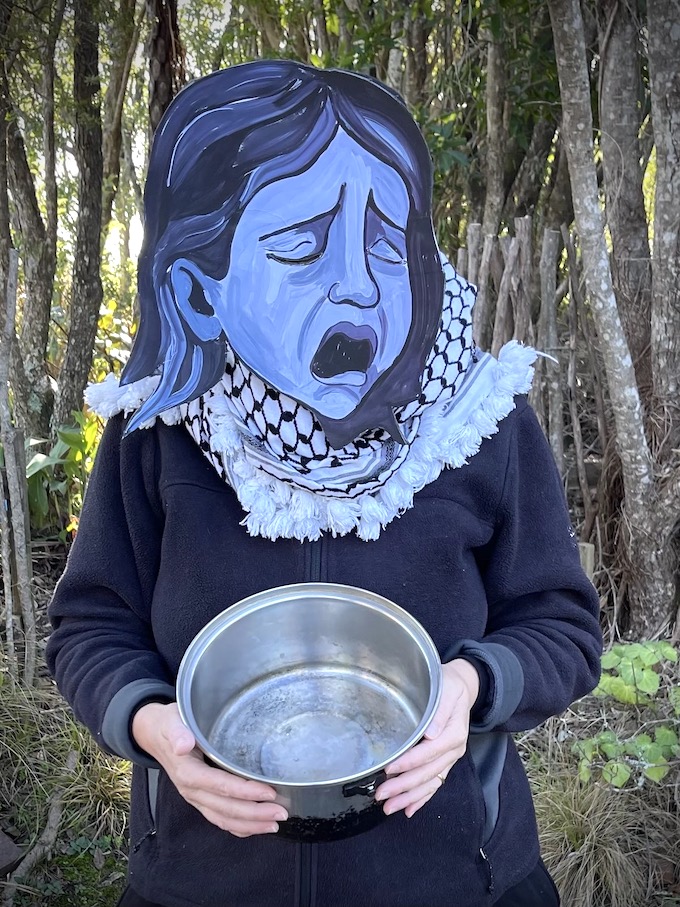
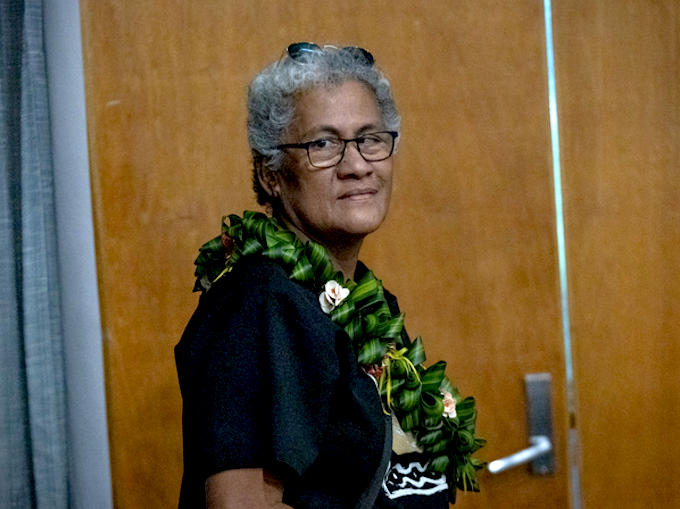

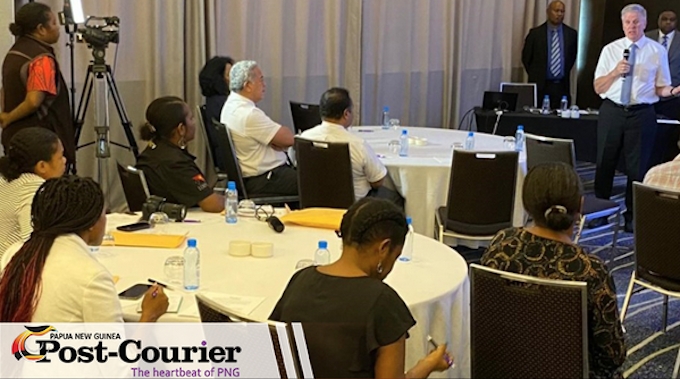

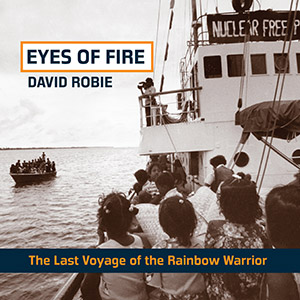

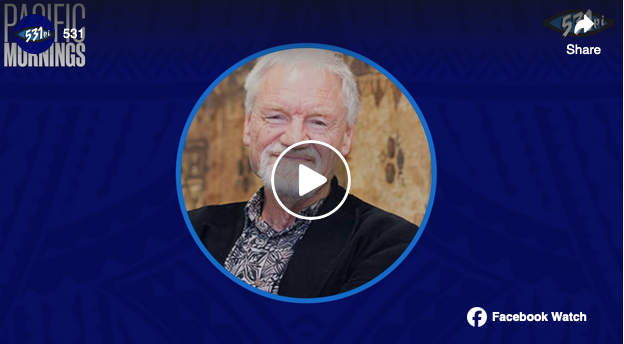
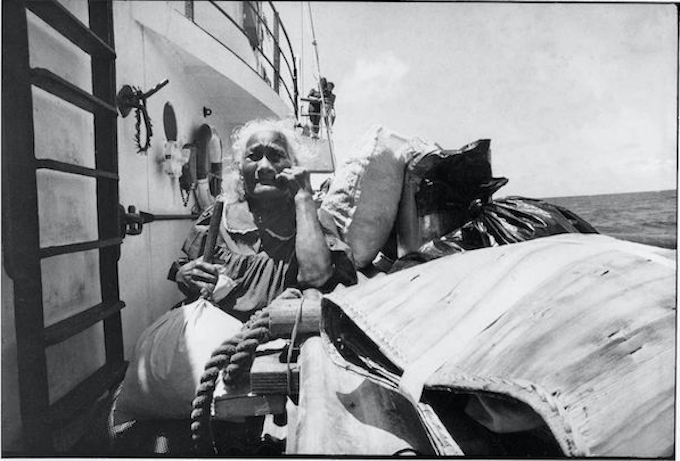
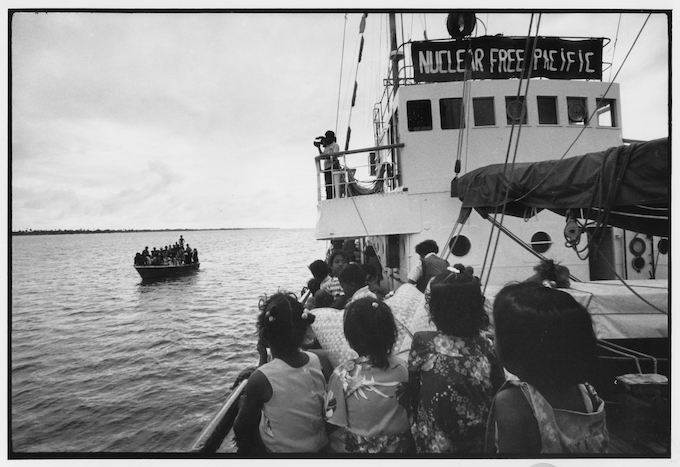
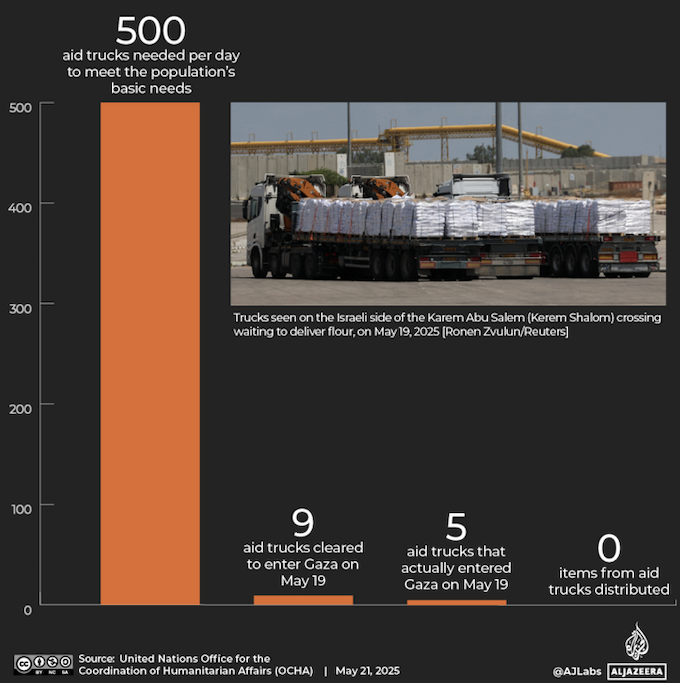

![[L to R] Pro-autonomy Tapura party leaders Tepuaraurii Teriitahi, Edouard Fritch and Moerani Frébault, at a press conference in Papeete on 17 May 2025 – PHOTO Radio 1](https://media.rnztools.nz/rnz/image/upload/s--B-GJ4e8n--/ar_16:10,c_fill,f_auto,g_auto,q_auto,w_1050/v1747766965/4K72JPP__L_to_R_Pro_autonomy_Tapura_party_leaders_Tepuaraurii_Teriitahi_Edouard_Fritch_and_Moerani_Fr_bault_at_a_press_conference_in_Papeete_on_17_May_2025_PHOTO_Polyn_sie_La_1_re_jpg?_a=BACCd2AD)